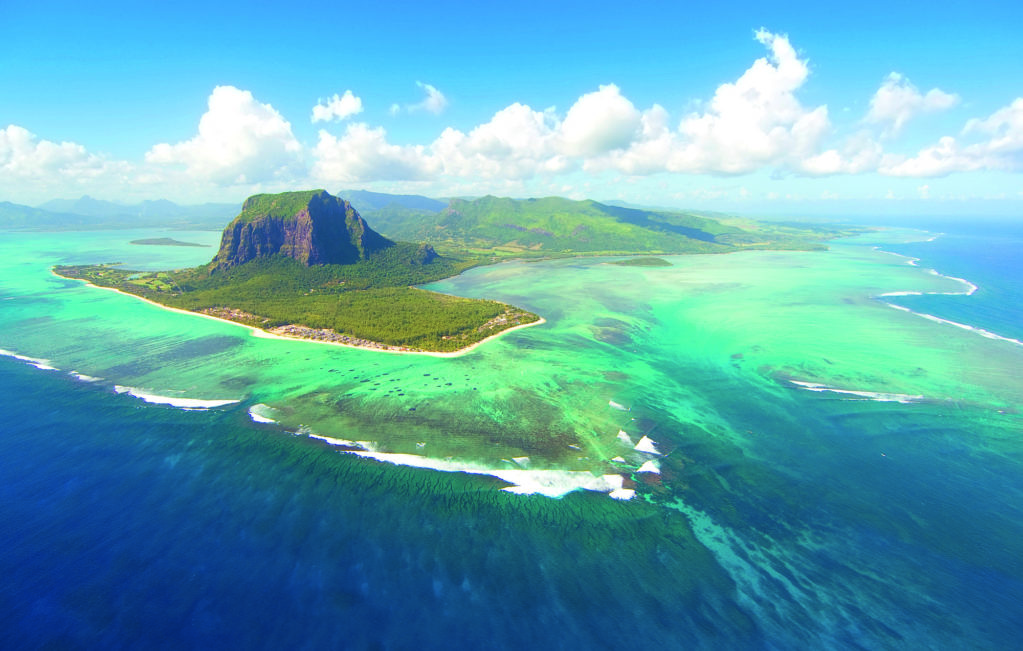Mauritius has enjoyed robust growth of between 5 and 6% for decades. The country has developed from an agrarian base into a diversified middle income economy through prudent management of the economy.
Mauritius’ economy relies on four sectors: sugar; textiles; tourism and financial services. The authorities are keen to diversify the economy further towards services. One ambition is to transform the economy into an information and communications technology hub.
The Mauritian economy generated $19.28 billion and expanded by 4.1% in 2011. The International Monetary Fund (IMF) attributed this to its tight macroeconomic policies. The Washington-based lender also put the country’s good performance down to its response to the global crisis but expects the economy to drop below 4% owing to the European sovereign debt crisis.
In light of the Eurozone crisis, in January, the Minister of Finance, Xavier-Luc Duval, announced that the government is developing a contingency in case of a partial or full dissolution of the European Union. Mauritius’ economy is tied to Europe. Two-thirds of Mauritian exports go to Europe and thousands of tourists fly the other way. The Eurozone is also a major source of investment for the island.
To buffer against the Eurozone crisis, this year the government announced an expansionary budget. The focus of expenditure is infrastructure development to improve the efficiency of the economy. This is likely to boost investment.
Loading...
The expansionary fiscal stance will be complemented by an expansionary monetary policy. Following the dip in growth, the Bank of Mauritius (BOM) in December 2011 cut interest rates from 5.5% to 5.4%. The BOM is likely to move towards a loosening bias in 2012 given the downward inflation profile. Consumer inflation in February fell to 4.1% year-on-year; from 4.8% a month earlier. The IMF expects inflation to be 5% year-on-year in 2012.
The European crisis has also led to a dip in tourist arrivals. Tourist arrivals remain below the one million mark. The authorities have turned their attention to Asia, where growth remains robust.
In January, Mauritius won, for the third year running, the title of World’s Leading Island Destination and the World’s Leading Beach Destination.
Despite slowing growth prospects, investors are likely to remain interested in Mauritius in their search for yield. Investors are likely to recognize that slowing growth prospects are due to exogenous factors and not as a result of economic mismanagement
The Wall Street Journal and the Heritage Foundation, a US think tank, ranked Mauritius in the world’s top 10 most economically free countries, making it the only sub-Saharan country to achieve this. The survey ranked Mauritius eighth, with a score of 77. This ranking put Mauritius ahead of G4 (US, UK, Japan and France) countries. The survey ranks 183 countries in 10 freedom categories which are then converted into an index, with 100 being the highest possible score.
In addition, Mauritius was ranked 46th out 183 countries in Transparency International’s Corruption Perceptions Index 2011. Only Botswana (32) is ranked higher in Africa.
Loading...
